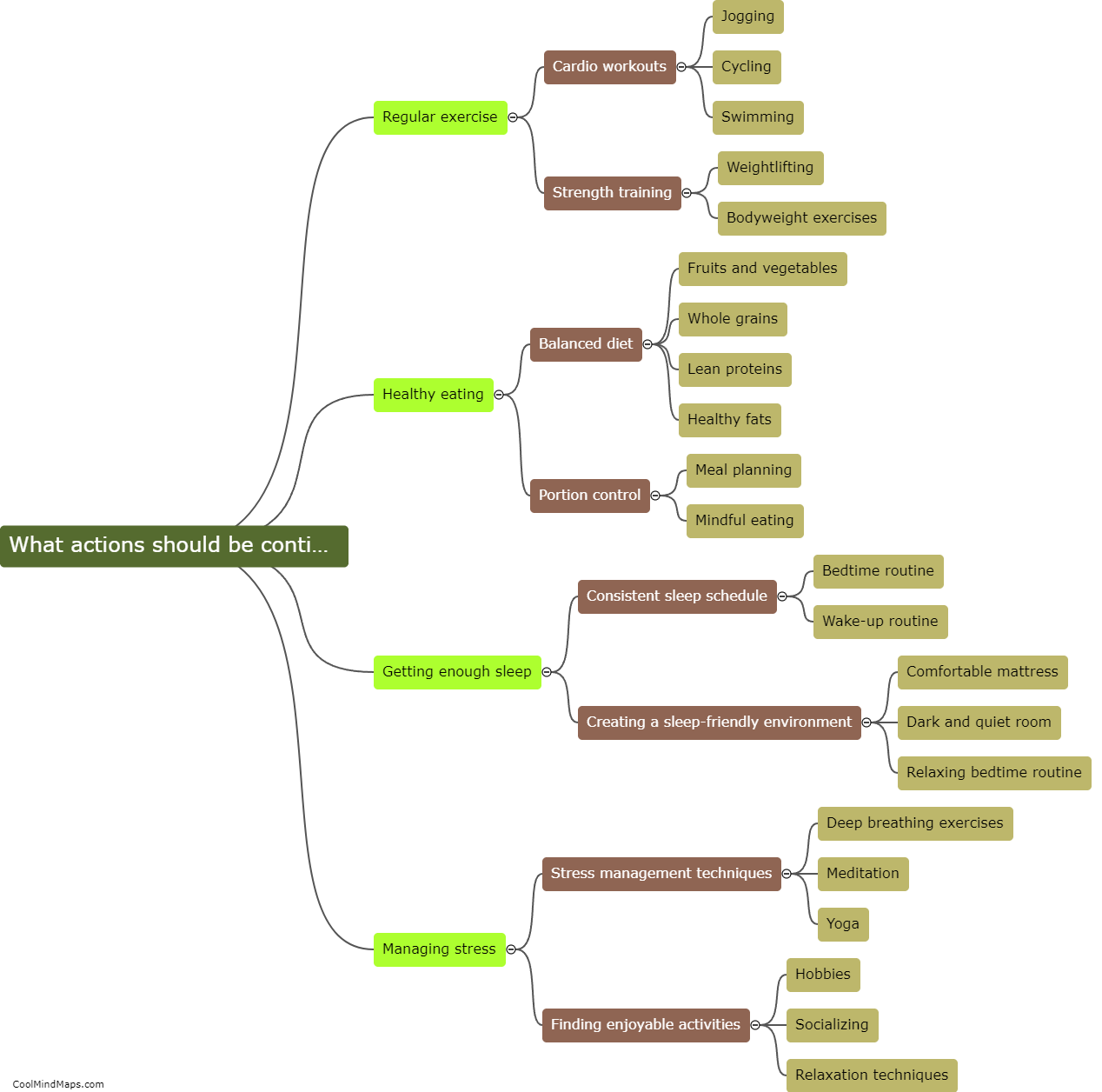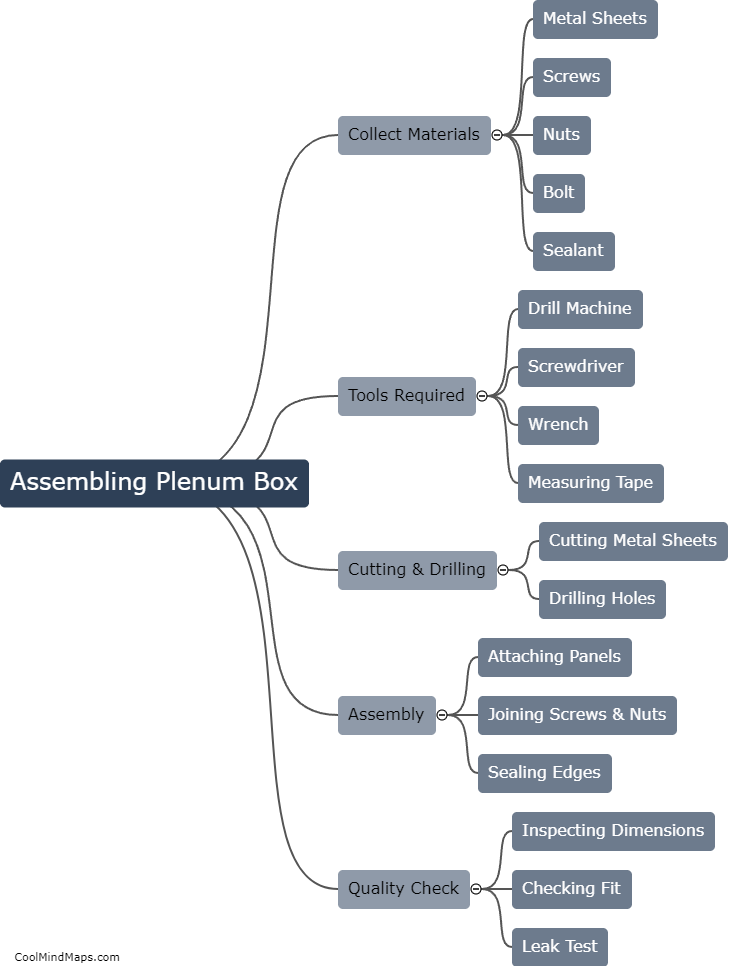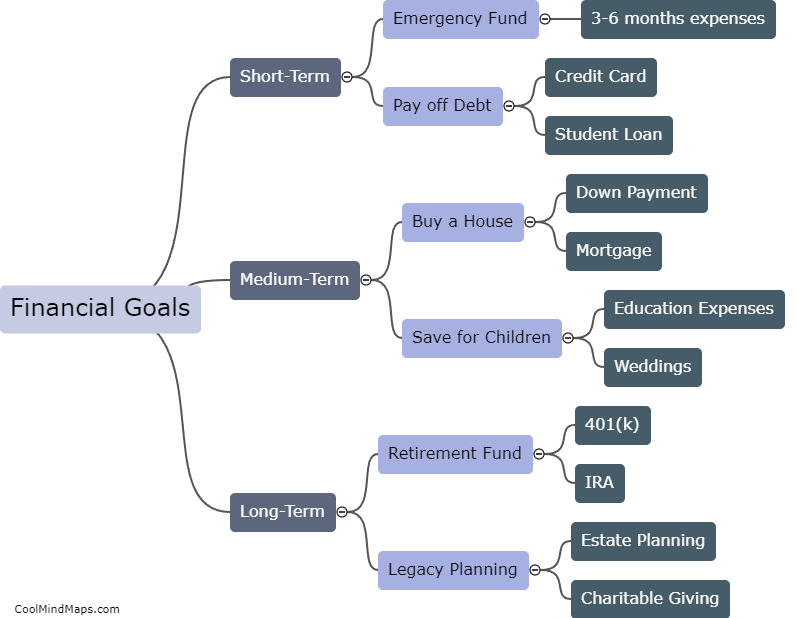What are carbon credits in agriculture?
Carbon credits in agriculture refer to a mechanism that allows farmers and agricultural landowners to earn credits by adopting practices that reduce greenhouse gas emissions or sequester carbon dioxide from the atmosphere. These credits can be sold in a carbon market or traded with other entities that need to offset their own emissions. In agriculture, carbon credits are often generated by implementing sustainable practices like conservation tillage, agroforestry, cover cropping, and efficient nutrient management. These practices help to mitigate climate change by reducing the release of carbon dioxide into the atmosphere and enhancing carbon capture in soils and vegetation. By participating in carbon credit programs, farmers can not only contribute to reducing greenhouse gas emissions but also gain financial incentives, potentially fostering a more sustainable and climate-friendly agricultural sector.

This mind map was published on 20 November 2023 and has been viewed 110 times.











